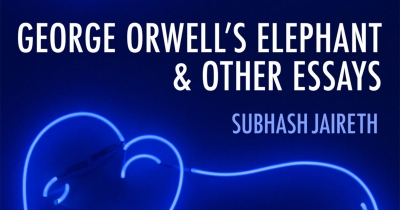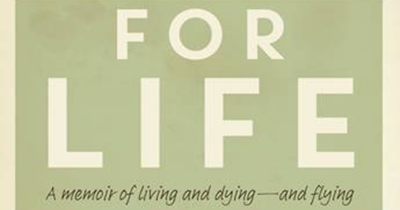Andrew Ford is a musical polymath. On his website he identifies as a ‘composer, writer and broadcaster’. I suspect the Australian public knows him best as a broadcaster, given his three decades at the helm of the ABC’s Music Show. That broadcasting longevity does not diminish his continuing acclaim as a composer, as seen in the rousing première of his Red Dirt Hymns before a capacity Canberra Festival crowd on 2 May. Nor does it discount his run of hundreds of essays, and a dozen or so books. Some of those books are edited accumulations of his own press articles and reviews, often drawing on his well-researched Music Show interviews. But most of his books are devoted to particular musical passions: memory, harmony, noise, and, most repeatedly, song (David McCooey reviewed Ford and Anni Heino’s The Song Remains the Same [2019] in ABR, March 2020).
...
(read more)










